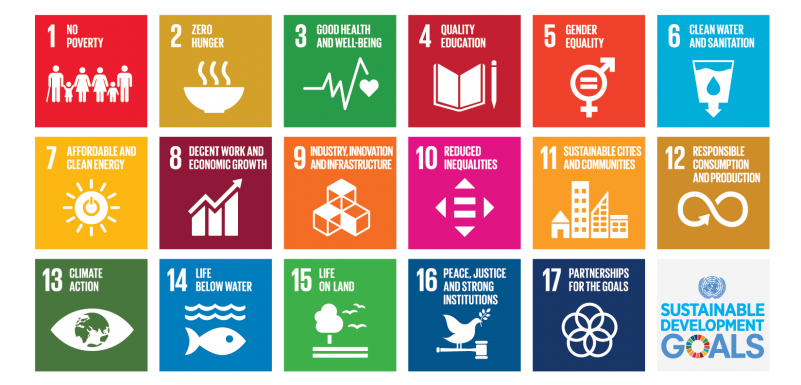What is the UN's world goals for sustainable development?
”The Sustainable Development Goals are a call for action by all countries - poor, rich and middle-income - to promote prosperity while protecting the planet. They recognize that ending poverty must go hand-in-hand with strategies that build economic growth and address a range of social needs including education, health, social protection, and job opportunities, while tackling climate change and environmental protection.
The Danish Center of Psychotraumatology contributes positively to some of the challenges the world is facing, by fulfilling a number of the UN's world goals. Read more about which goals we strive to live up to and how:
Goal 3. Ensure healthy lives and promote well-being for all at all ages
Goal 4. Quality education
Goal 5. Gender equality
Goal 16. Peace, justice and strong institutions
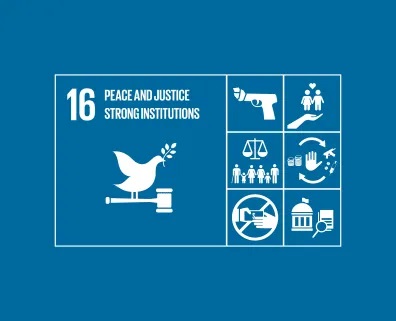
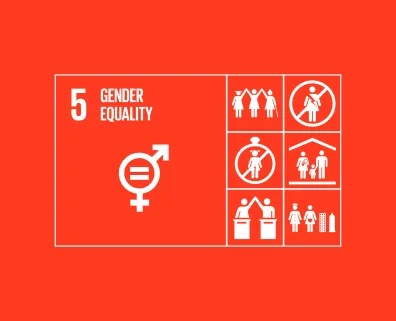
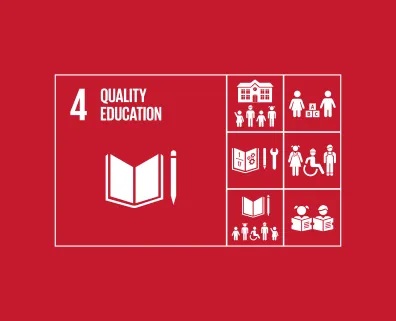
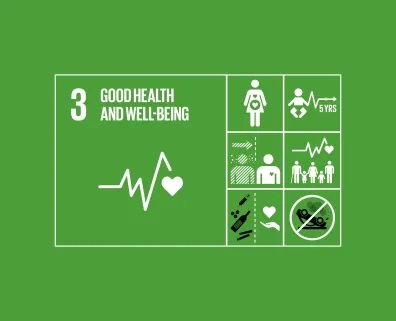
Goal 3 is about "ensuring healthy lives and promoting well-being for all at all ages".
Goal 4 must ensure equal access to quality education and promote opportunities for lifelong learning.
In sub-goal 4.7. it is described that through education in sustainable development, global citizenship and promotion of a culture of peace and non-violence, that all learners will acquire the skills and knowledge to promote sustainable development. The center contribute to the reduction of violence and violent cultures by conveying the newest research and knowledge about violence. Currently, a large part about the center's researchers are writing a book about different kinds of violence, that are to support Danish professionals (doctors, psychologists, teachers, social workers and nurses among others) in their work where violence can occur. The book considers 12 different types of violence and report prevalence, dynamics, delayed symptoms, and gives direction to prevent violence and reduce the damage after violence
Goal 5 will ensure gender equality and strengthen women's rights and opportunities.
Sub-goal 5.2. states that all forms of violence against women and girls, both in public and private, should be eliminated. The center have, in many contexts, researched violence against women and girls. All of which contribute to an understanding of which contexts violence is seen in and how this knowledge can lead to a reduction of violence. We have examined women in women shelters, intimate partner violence, psychological violence, stalking, rape and physical abuse, as well as negative social control.
Goal 16 will support peaceful and inclusive societies. Will provide access to justice for everyone and build effective and inclusive institutions at all levels.
Sub-goal 16.1, 16.2 and 16.3 describes how all forms of violence and violence related deaths shall be reduced, abuse, exploitation, trafficking and violence against children must be stopped and the promotion of the rule of law internationally and nationally, as well as equal justice for all. The center have researched violence in a wide variety of contexts, which all build on our knowledge of what violence can look like, how we can recognize/differentiate different types of violence and much more. Among other, we have assisted the UN with a study on the correlation between UN peacekeeping personnel and the prevalence of PTSD and compensations options. We have also studied child soldiers in northern Uganda and investigated refugees in Denmark who have been subjected to torture. They include both adults and children from Bosnia and Kosovo Albanians. Furthermore, the center has studied rejected asylum seekers from Iraq and conducted several treatment studies.
